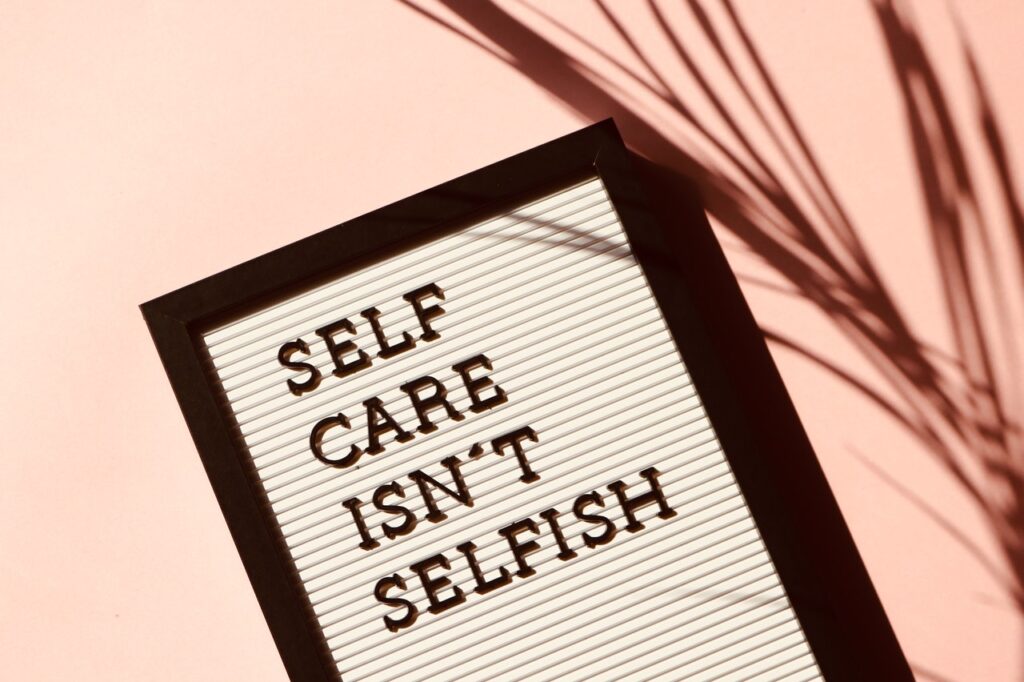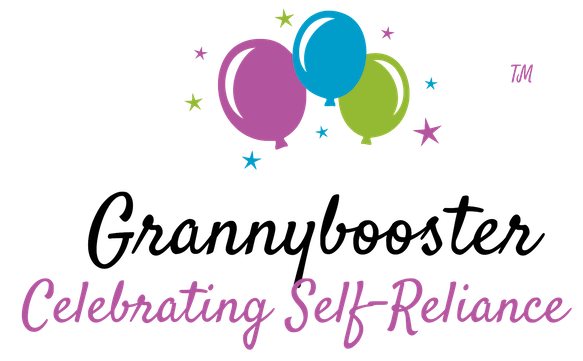
The changes are subtle – forgetting why I went into a room for something, then reassuring myself that it was just a senior moment and nothing to worry about. Now, as my caregiver responsibilities escalate amid the isolation of the pandemic, I become more scattered, which triggers anxiety as I franticly try to hang on to the single-mindedness that will ensure my effectiveness as a primary caregiver. At some point the changes I’m feeling become impossible to ignore. I ask myself: is this just a normal distraction that happens when my two loved ones with dementia need my constant attention, with their expressions of need, frustration with their own failing memory, moments of rage, the need to hear the same answers over and over, and episodes of hallucinations, or am I in the process of cognitive decline?
The reality is, caregivers, particularly those responsible for loved ones with Alzheimer’s, have a heightened risk of developing dementia, themselves. Researchers have theorized that a combination of several factors, including caregiver isolation, and increased stress contribute to a growing vulnerability to dementia. That’s why caring for one’s own health through proper nutrition, social interaction, exercise, and practicing “my time” daily is critical. What am I doing to put my money where my mouth is? Well, I finally got some help to come in three days a week so that I can shut my office door, make a list of things I must do, and execute each item within a reasonable time frame. It’s been revelatory and empowering with each little accomplishment. I’m feeling more self-confidence and heartened that maybe, just maybe I’m not losing it after all.
Like many other caregivers, I’m dealing stress and anxiety by working hard at finding daily time for myself. I’m looking for ways to stay on track and focused, and one of these is recording my story telling. When I was a teenager, I was convinced that no one was interested in what I had to say. That obsession was probably born of social anxiety and loss of self-esteem most likely arising from bullying by male classmates in middle school. This fear discouraged me from sharing stories and anecdotes with friends, because I was certain that my delivery was so boring that I would lose my audience. Then it hit me. If I condense my narratives, using more erudite words I could get through my story faster and keep listeners’ attention. It didn’t dawn on me until I was in my 70s that a good raconteur doesn’t just rely on big words, but also on vivid description of detail, scenes, events, memories and plots that make the story bloom and keeps the audience interested.
One component of caregiving that has been especially distressing for me is guilt, an emotion that I believe does not receive enough attention from mental health professionals. Guilt is corrosive. In this instance as with parents who must divide attention to work and family they often feel remorse at sacrificing time with their children. That’s what I feel with my partner. In one heartbreaking instance last week at breakfast, I saw him with his hands in his lap, nodding off. I was stunned. While I was doing a crossword puzzle, I imagined that his poor brain was atrophying, because I was too preoccupied with my own entertainment to engage him with occupational therapy and brain exercises. It was then that I decided to get in-home care help, so that he would get the attention he deserves and I, adequate time to work on matters in my public relations business. We had paid up our long-term care insurance, and among other services, it covered in-home care. This arrangement has worked out well, and my partner has someone with whom he can participate in pastimes for cognitively challenged seniors to keep his brain sharp for as long as possible.
After further reflection, I realized that having time off from the rigors of caregiving is essential to my well-being. If I succumb to stress and get sick, I won’t be good to anyone, let alone my partner.
I would love to hear from you about what you are doing to keep yourself sane as you care for someone you love.


I love this article. I’m going through a similar situation with my husband. Although it’s not dementia, he is physically not doing well. I was getting so forgetful and since Alzheimer’s runs in my family, I was getting nervous because I was so forgetful. I finally realized I was on overwhelm. I don’t have in-home care, but I’ve also relinquished some of the responsibility of his care by giving myself permission to do the things I enjoy, like the motorcycle trip. He has sources he can call. Unlike your partner, he is cognitive. So, I find it getting better. I am not his mother!